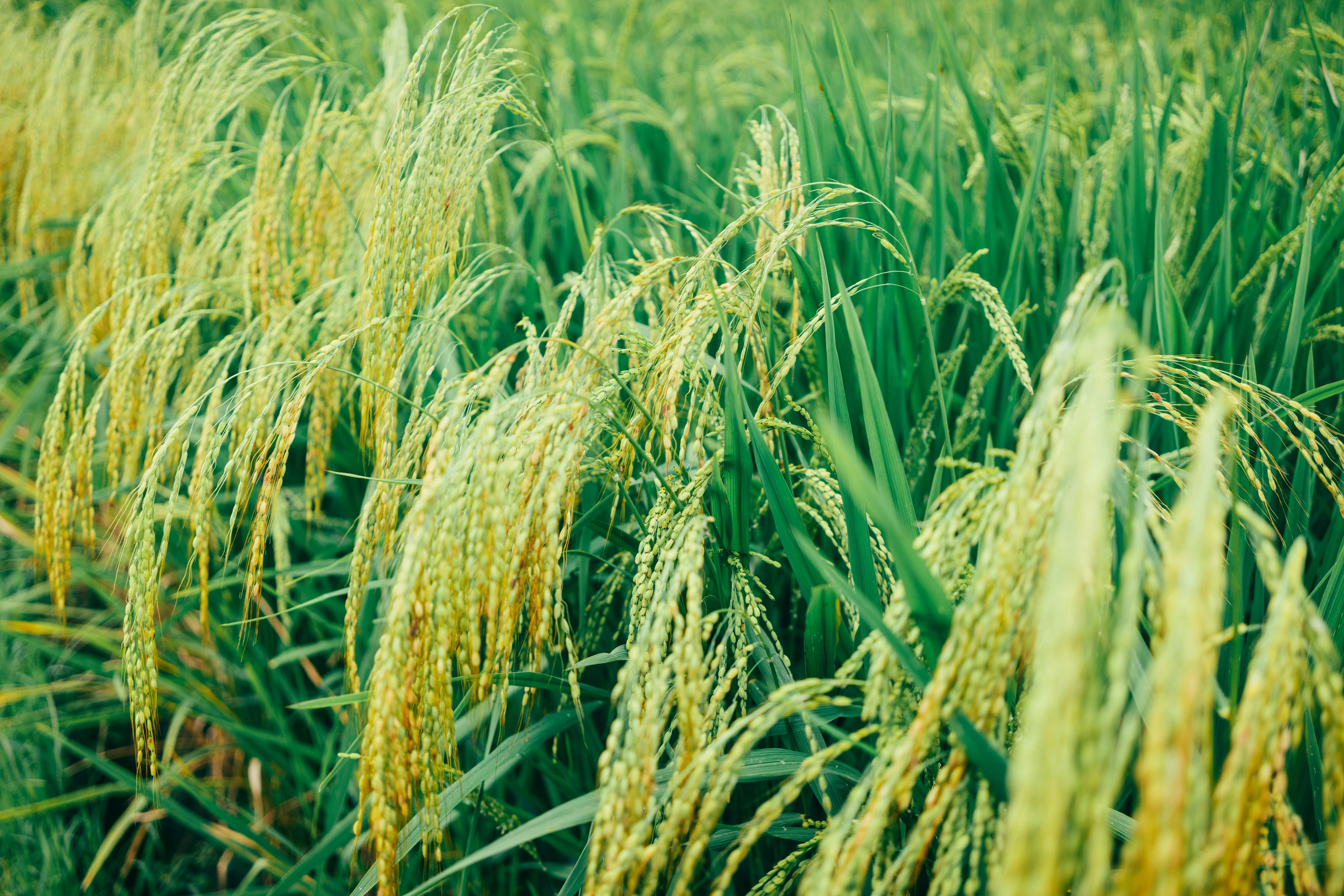
With the increase in population, the demand for food is rising. Whereas, natural resources such as water are deteriorating at an alarming rate. Given this scenario, rice wheat is the major cropping system followed by more than 30 lakh ha in the Punjab state. With the upsurge in cultivation costs over the years, the returns from this system are dwindling.
Hence, to make the cropping system more remunerative, there is a need to adopt multiple cropping systems, which do not put much pressure on natural resources. Under such scenarios, some of the cropping systems such as rice-wheat-summer moong, rice-potato-summer moong, DSR-wheat-summer moong, rice-gobhi sarson-summer moong hold good promise to maximize profitability.
Cultivation of summer moong or mash will not only give additional income to the farmers but will also improve the soil health along with lowering of nitrogen requirement of the following rice crop. It is recommended that if the crop of summer moong/mash is plowed into the field after picking pods then farmers can reduce the urea dose of parmal rice by 1/3rd while there is no need to apply urea to the Basmati crop.
Moong SML 1827: The Punjab Agricultural University has recommended the summer moong variety SML 1827, which takes only 62 days to mature. It is resistant to yellow mosaic disease and on average gives 5.0 quintal yield per acre. It has medium-sized, shiny green grains with excellent cooking quality characteristics. It can be sown up to 3rd week of April.
Seed rate: Sowing can be done with seed drill/kera/pora/zero-till drill/happy seeder by using 12kg seed per acre in rows at 22.5cm spacing.
Seed Inoculation: Inoculate the seed with a single packet of consortium biofertilizer (Rhizobium sp LSMR-1 and Rhizobacterium RB-3) before sowing.
Fertilizer: Drill 11kg urea along with 100kg of superphosphate per acre at the time of sowing to summer moong sown after wheat. The summer crop is sown after potatoes need no fertilizer.
Mash 1137: The University has recommended the summer mash variety Mash 1137, which takes 74 days to mature. It is also resistant to yellow mosaic disease and on average gives 4.5 quintal yield per acre. It has medium bold, blackish grains with good cooking quality characteristics. It can be sown up to 1st week of April.
Seed rate: Sowing can be done with seed drill/kera/pora/zero-till drill/happy seeder by using 20kg seed per acre in rows at 22.5cm spacing.
Seed Inoculation: Inoculate the seed with the recommended Rhizobium culture (LUR-6) before sowing.
Fertilizer: Drill 11kg urea along with 60kg of superphosphate per acre at the time of sowing to summer mash sown after toria/raya/potato.
After the harvesting of moong/mash, the farmers can grow short-duration varieties of paddy/basmati varieties.
During the last few years, Punjab Agricultural University (PAU), Ludhiana has recommended short-duration high-yielding varieties (HYV) of Parmal and Basmati rice namely; PR 126, Pusa Basmati 1509, and Pusa Basmati 1847; which mature in about 93, 95 and 99 days after transplanting, respectively. Due to their shorter duration, these varieties not only save irrigation water but also enable the adoption of multiple cropping systems. Moreover, short-duration varieties require fewer resources/inputs such as fertilizers, pesticides, labor, etc., thereby, decreasing the cost of cultivation.
PR 126 is an early-maturing variety of paddy and takes 93 days to mature after transplanting. On average it gives 30.0 quintals of paddy yield per acre.
PB 1509: This Basmati variety matures in 95 days after transplanting. It yields on average 16.0 quintals of paddy per acre.
PB 1847 is the improved version of PB 1509 and is resistant to bacterial blight and moderately resistant to neck blast disease. It takes 99 days to mature after transplanting and on average yields 19.0 quintals of paddy per acre.
The farmers of the state are suggested to adopt multiple cropping systems involving pulses. It will not only enhance their income, and save natural resources but will also improve soil health. The seeds of these varieties are available at various Krishi Vigyan Kendras (KVKs), Farm Advisory Service Centres (FASCs), Regional Research Stations (RRSs), and University Seed Farms (USFs) located in all the districts of the state.














Share your comments